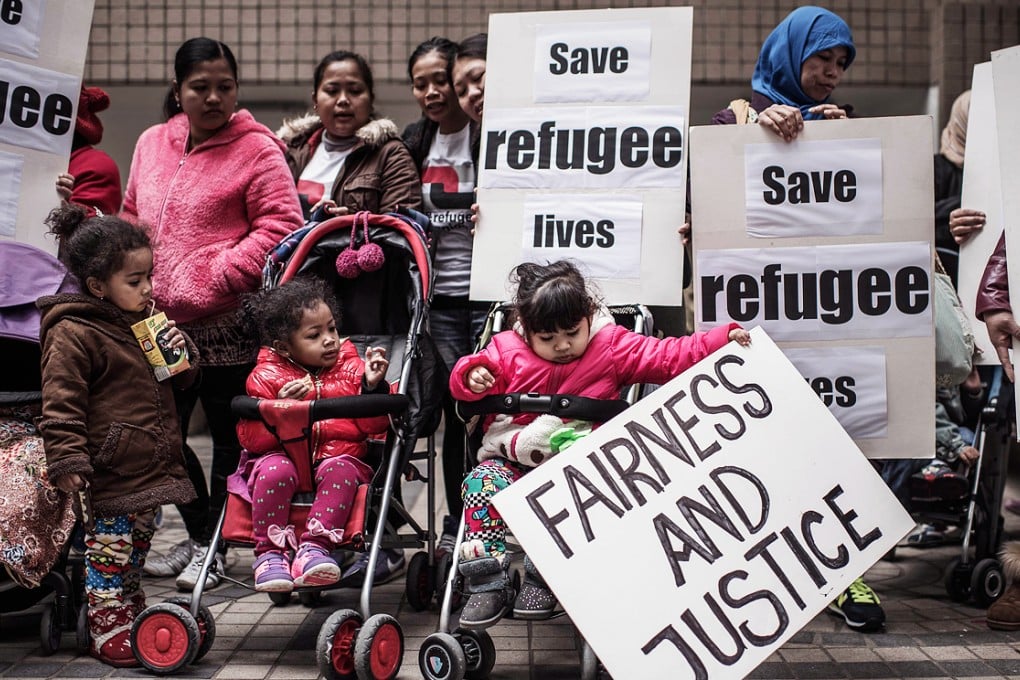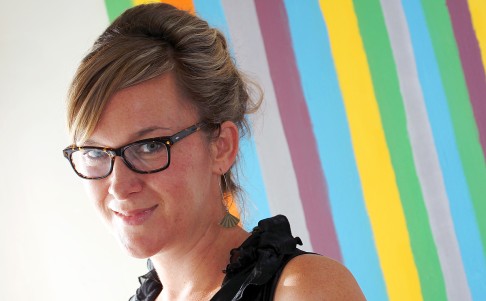Refugees in Hong Kong see little improvement from new screening system
Rights advocates say that new method has not improved an 'effective zero recognition rate'

NGOs and rights advocates say a new screening mechanism put in place nearly a year ago is not doing enough to help people seeking asylum in Hong Kong, with just a handful of successful claims from the more than 830 applications decided.
The Immigration Department confirmed that, as of February 12, only five claims had been successful since the new system was put in place. That means that the total number of successful claims since the United Nations Convention against Torture was extended to Hong Kong in 1992 was 28.
Rights advocates have long expressed concern about what they call an "effective zero recognition rate".
The unified screening mechanism (USM) was introduced in March last year after court judgments found inadequacies in the old system. Streamlining the system to just one process, it aimed to speed up the screening process. But rights advocates say the figures under the new system do not show a marked improvement from the old and they are a far cry from global averages.

"Although we are pleased some positive determinations have been made under the USM, of the over 800 cases determined since it was implemented in March, only a handful have been substantiated. This is extremely worrying to us," said Aleta Miller, executive director of the Justice Centre Hong Kong, an NGO that protects the rights of refugees.
Noting that 22 of 8,764 claims had been recognised under the torture screening system, she added: "These numbers raise several red flags when compared with the recognition rates of other countries."